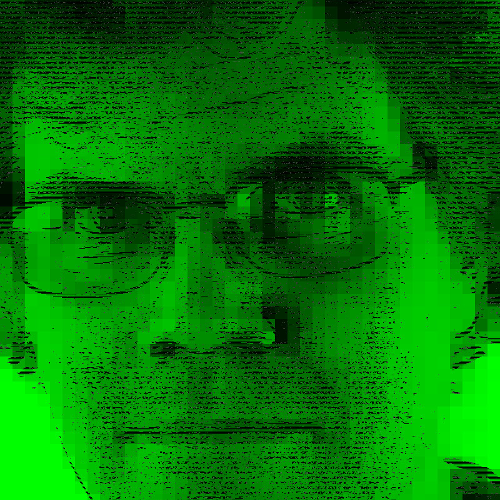It's a history of arithmetic technology leading up to (and after) the pocket calculator. I wasn't expecting to learn much; but I did learn some. Why wasn't I expecting to learn much? I've read a lot about the history of computers; unsurprisingly, there's plenty of overlap between computer-history and calculator-history. But the bits of calculator history were sufficiently weird for most purposes.
E.g., John Napier, the logarithm guy, was seriously into the occult. I guess back then, you became a "Renaissance Man" by reading all the books you could get your hands on. It was possible to learn everything; but some of that "everything" was just wild crap that someone made up about demons. John Napier had darned broad book-larnin', but trusted some books' assertions-without-evidence overmuch. Fortunately, he could figure out logarithms were cool without needing to interact with the real world too much and/or asking the advice of slow-to-reply demons.
Casio's first calculator wasn't near pocket-sized. Back before transistors, its logic was electromechanical relays. This calculator was the size of a desk. Imagine asking for the answer to a simple formula and hearing a sound like a bank of Strowger switches.
Oh, and a UX tale of figuring out how a calculator's keys should feel: instead of something silly like a piano, they took inspiration from accordion buttons 🪗.
Bonus: The epilogue talks about the decline of the pocket calculator. One reason for the decline: Smartphones came along, with built-in calculator functions. Carrying another device just for calculation didn't make so much sense. But but to illustrate the idea of a smartphone, he used a picture of a Nokia 9000 Communicator, giving me a bracing whiff of nostalgia. Yes, our GEOS operating system brought about the decline of the pocket calculator (albeit a miniscule fraction).
